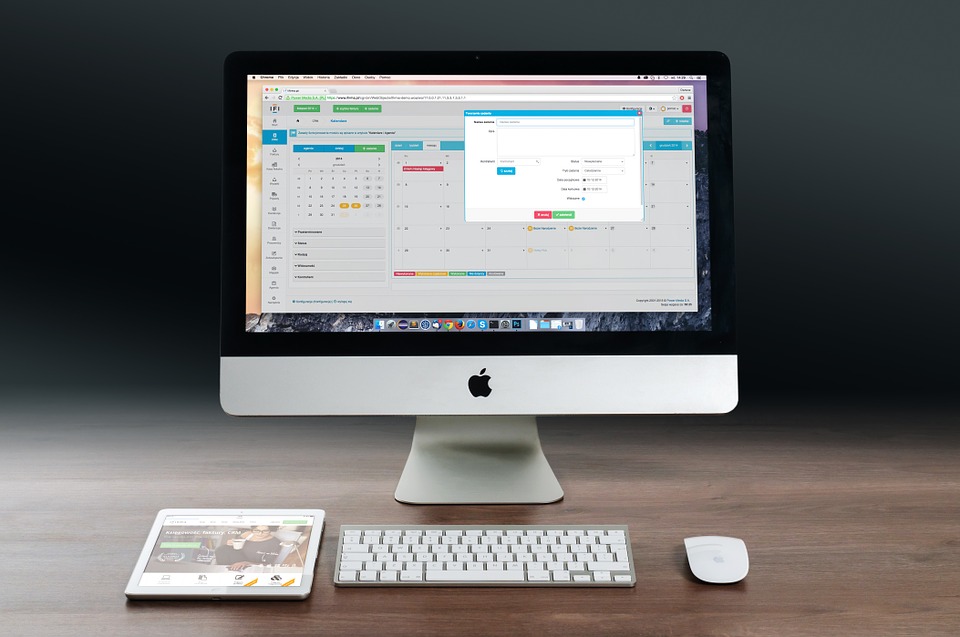At 1.30pm on Wednesday 16 March, 2016, George Osborne delivered his eighth Budget as Chancellor of the Exchequer.
The overall headlines include the introduction of a sugar tax on soft drinks from 2017, extra funding for schools to have longer days and a downward revision of growth forecasts for the UK, but what did Budget 2016 bring for small businesses?
Here are the main points that affect business owners, both self-employed and limited company directors;
For businesses
- Corporation tax to be cut from the current 20%, to 17% by 2020.
- Class 2 National Insurance Contributions to be abolished for sole traders from April 2018. Move will save around 3 million self employed workers £130 per year.
- Annual threshold for small business rates relief to be raised from £6,000 to £15,000 Higher rate threshold also increased from £18,000 to £51,000. Chancellor estimates this means some 600,000 small businesses will pay no business rates at all from April 2017, with a further 250,000 businesses benefiting from a rates cut.
- Public sector employees to be prevented from using “personal service companies” to cut their tax liabilities.
- Commercial stamp duty 0% rate on purchases up to £150,000, 2% on next £100,000 and 5% top rate above £250,000. New 2% rate for high-value leases with net present value above £5m. Effective from midnight 16 March, 2016.
- Closure of corporate tax loopholes to raise £9bn, and anti-tax avoidance and evasion measures to raise a further £12bn from big businesses by 2020.
For individuals
- Personal tax-free annual allowance to rise from £10,500 to £11,000 for 2016/17 tax year, and to increase to £11,500 for 2017/18.
- Threshold at which individuals begin paying the higher rate of tax to be raised from £42,385 to £43,000 in April 2016 and to £45,000 in April 2017.
- Capital Gains Tax (CGT) is being cut from April 2016. The rate of Capital Gains Tax paid by higher rate taxpayers will be cut to 20%, from 28%, with the CGT rate for basic rate taxpayers falling to 10%, from 18%. However, residential property will not benefit from the new lower rates of CGT.
- Annual tax-free ISA limit to be increased to £20,000 from April 2017.
- Introduction of a new “Lifetime ISA” for the under-40s. For every £4 saved, the Government will add a further £1. People can save up to £4,000/yr until they reach 50 years of age.
- Fuel duty to be frozen.





 What’s more, Andrew’s many years of experience means that there are few situations that he has not encountered meaning the advice he offers is based on a working knowledge not text book learning.
What’s more, Andrew’s many years of experience means that there are few situations that he has not encountered meaning the advice he offers is based on a working knowledge not text book learning.